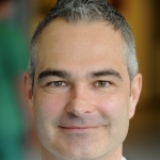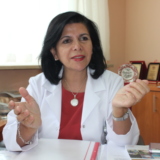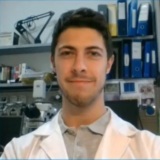General information about sub-specialty
This subspecialty concerns the diagnosis and management of patients in coma or who have another disorder of consciousness, including minimal conscious states and the unresponsive wakefulness syndrome (formerly known as vegetative state). There are many reasons for people entering a state of disordered consciousness, notably traumatic and non-traumatic brain injuries and acute and chronic conditions. Of note, within the past 10-20 years it has become clear that many people who seem clinically unresponsive actually are awake and aware when investigated using advanced neuroimaging and EEG paradigms, a condition termed cognitive motor dissociation.
Key clinical and research topics within this sub-specialty include focused clinical examination of consciousness using validated diagnostic scales (see our dedicated "Scales and Scores" page), electrophysiology (EEG, MEG), structural and functional neuroimaging (FDG-PET, MRI, fNIRS), indicators of prognosis, management of pain and spasticity, therapies to improve recovery, or neuroethics. The inclusion of caregivers in therapeutic decisions and research protocols is also a key aspect of this field. This sub-specialty involves interdisciplinary expertise from neurologists, neurosurgeons, neuropsychologists, nurses, physiotherapists and occupational therapists, neuroscientists and engineers, as well as neuroethicians and philosophers.
This subspecialty is focused on the diagnosis and management of patients in coma or suffering from disorders of consciousness, including minimally conscious state and unresponsive wakefulness syndrome (also called vegetative state). Acquired brain injuries from different etiologies can lead to impaired consciousness, including traumatic brain injury, hypoxic/anoxic lesions, cardiac arrest, intracranial hemorrhage or metabolic disorders. The last two decades have seen major advances in diagnostic techniques to evaluate signs of consciousness more accurately, with an important role of neurophysiological and neuroimaging methods. Therapeutic options to improve recovery of consciousness are being actively investigated and translated to the bedside with promising results.
About the EAN Scientific Panel Coma and Disorder of Consciousness
The Coma and Disorder of Consciousness Scientific Panel actively promotes and supports initiatives related to the care of brain-injured patients as well as educational and scientific activities within the framework of EAN.
The panel substantially contributes to the Scientific Programme at EAN congresses and other EAN educational activities and develops clinical guidelines aimed at clinicians.
All EAN members with an interest for these questions, including RRFS members, are welcome to join the Scientific Panel and contribute to its activity. Panel members are strongly encouraged to engage in the activities promoted by the panel, contribute to the elaboration of e-learning material for the EAN Campus and share the latest advances in the field via Neurology Updates on the EAN website.
The panel meets yearly during the EAN congress and has several ongoing working groups.
Individual panel members




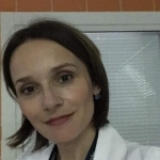








RRFS Member

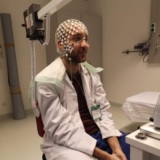
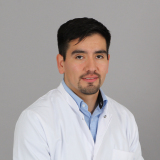

Student Member
Partner Society Representatives
EPNS representative
Institutional panel members






